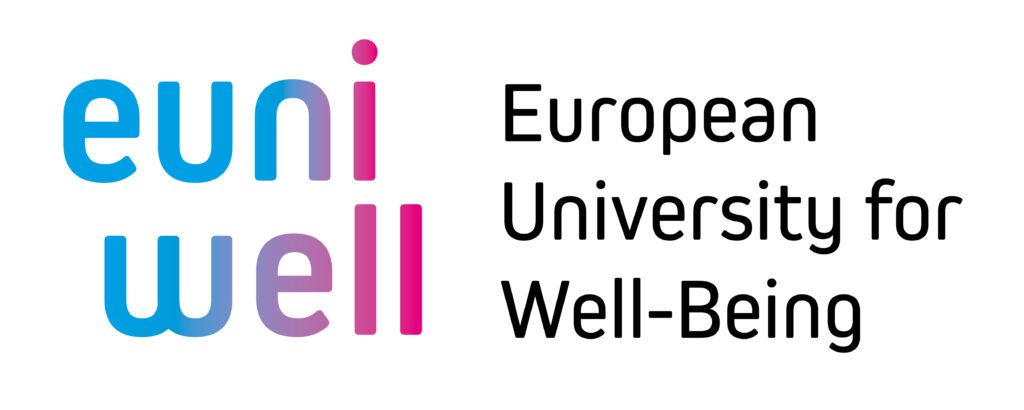Welcome to EUniWell’s OER showcase! Come explore the diversity of Open Educational Resources (OER) through concrete examples shared by partners across the EUniWell alliance.
What are Open Educational Resources? Open Educational Resources (OER) are freely accessible, openly licensed materials created for teaching and learning. They take many forms, from textbooks and videos to full courses and interactive tools, and are shared under open licenses such as the Creative Commons licences, which allow reuse, modification, and redistribution. As a core component of Open Education, OER foster collaboration, educational innovation, and equitable access to knowledge.
EUniWell’s commitment to Open Education. As the European University for Well-Being, EUniWell aims to create a more inclusive, collaborative, and accessible teaching and learning environment across Europe. Open Education, as stated in the EUniWell Declaration on Open Education (2022), contributes to this goal by facilitating the using, sharing, and adaptation of educational material. Open practices also supports educators and learners’ well-being, allowing communities to learn, teach, and innovate together.
Why an OER showcase? After publishing 23 Good Reasons to adopt Open Education, we wanted to illustrate Open Education in action. By featuring a selection of OER from the EUniWell partners, this showcase invites educators and learners to discover what OER look like in practice, and how openness can contribute to creating this more inclusive, collaborative, and accessible teaching and learning international environment.
Learn more about OER and this showcase with our FAQ or explore more resources by visiting our partners’ repositories.
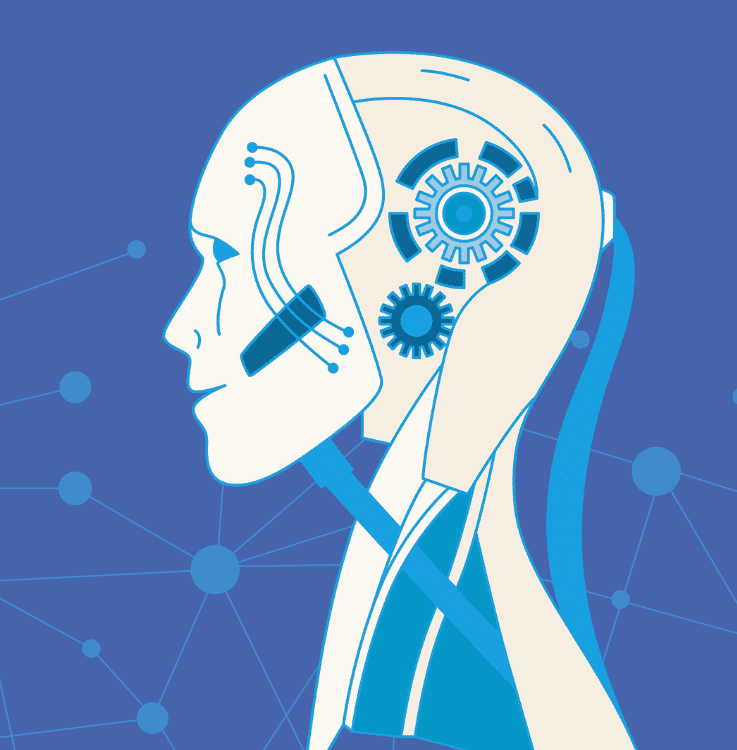
AI Competence Module: Understanding and applying Generative Artificial Intelligence
By HND-BW AG “KI-Schulungsmodul”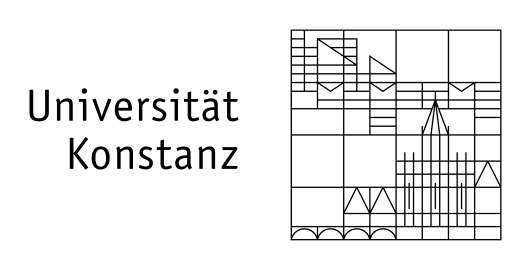
A course module for university staff to support them in acquiring basic skills in working with AI, enabling them to use it confidently, thoughtfully, and responsibly in a professional context.
Licence: CC BY-SA
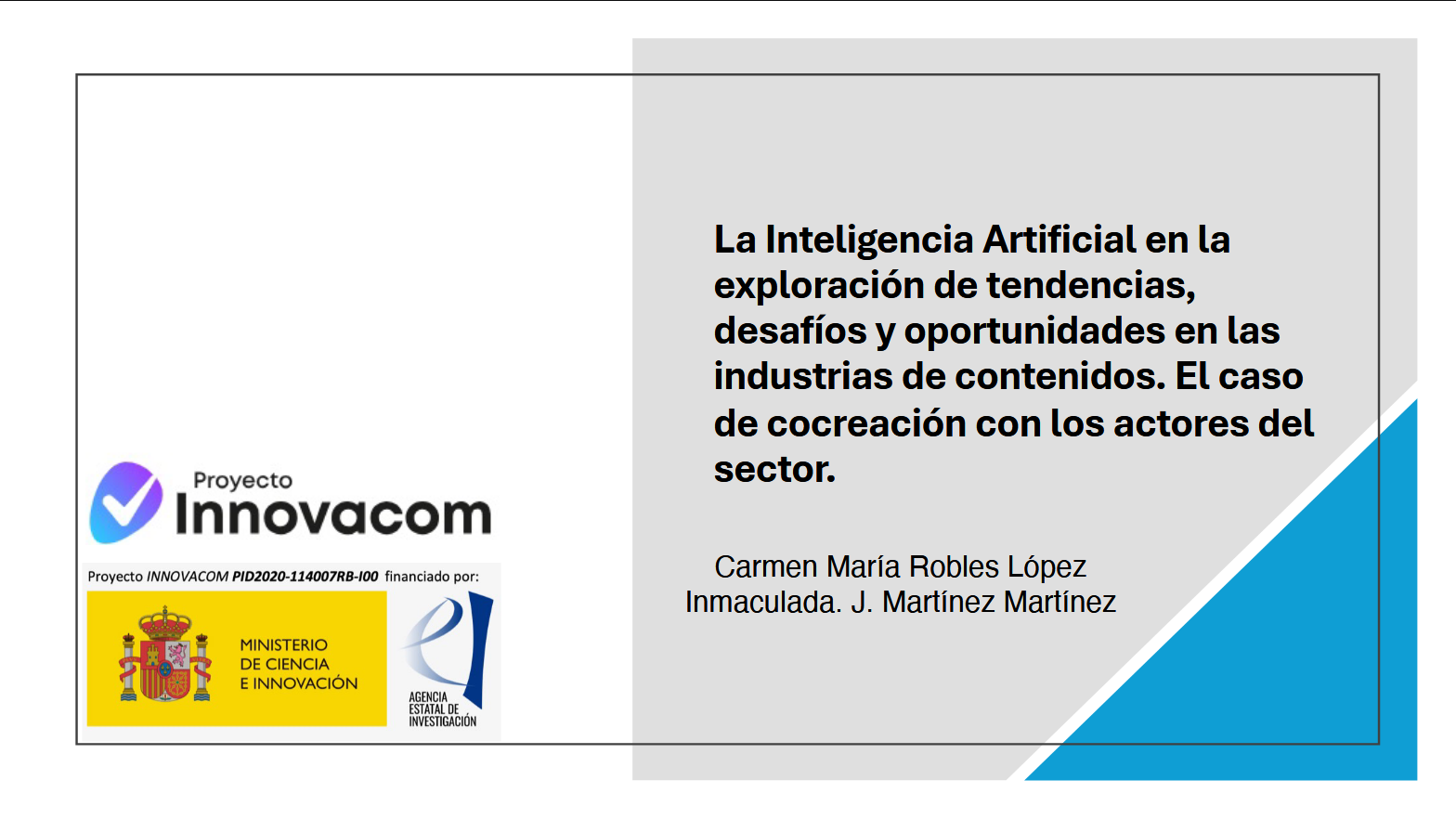
Artificial intelligence in the communication ecosystem
By Carmen María Robles López, Inmaculada José Martínez Martínez
A presentation about the role of artificial intelligence in exploring trends, challenges, and opportunities in the content industries, with the case of co-creation with industry stakeholders.
Licence: CC BY-NC-ND
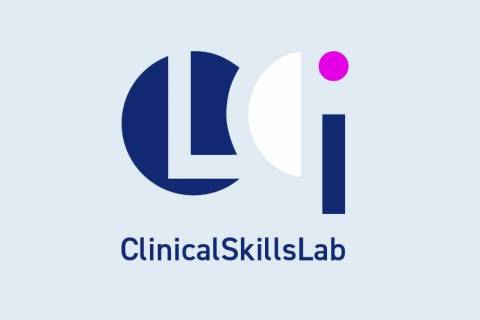
Clinical Skills Lab Language Communication Interaction
By Jana Quinting, Prisca Stenneken, Kristina Jonas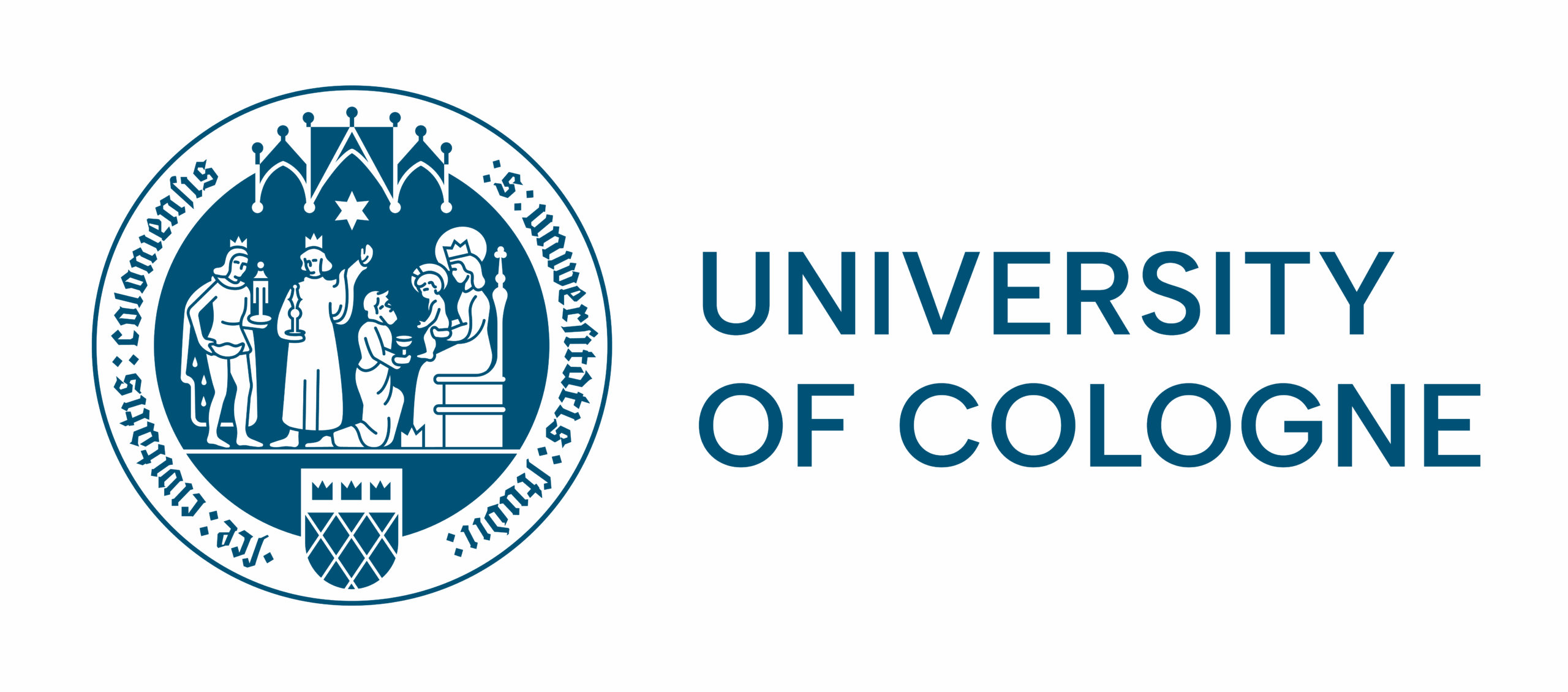
A course designed for teaching degree students to enhance their competencies in supporting individuals with speech, language, and communication disorders through a series of basic and advanced modules.
Licence: CC BY-SA
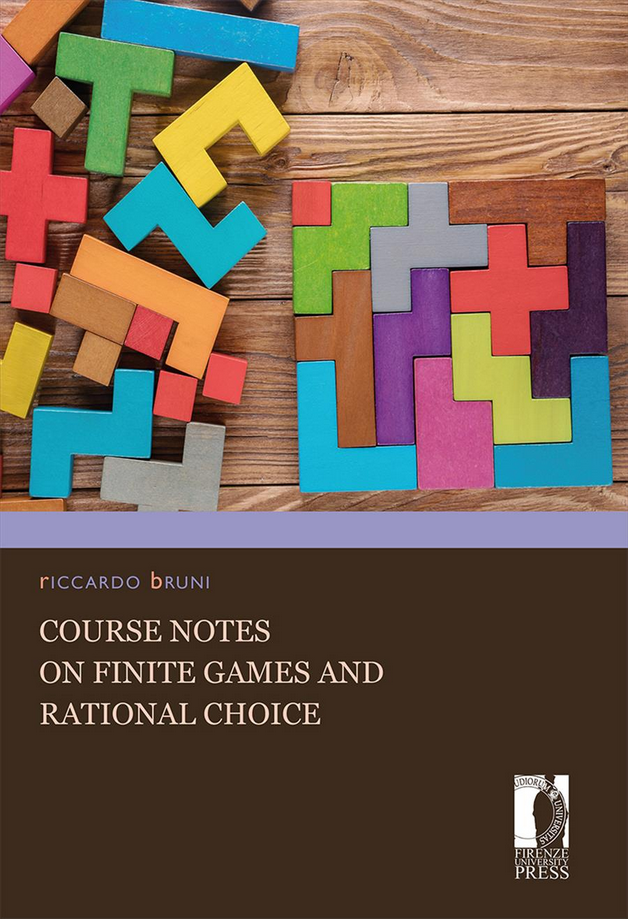
Course notes on finite games and rational choice
By Riccardo Bruni
A small book collecting notes from lectures given on Spring 2018 to students enrolled in the Univerity of Florence’s Master course in Logic, philosophy and history of science. Basic concepts of decision theory are explained by focusing on the idea of “rational choice” in the Theory of games perspective.
Licence: CC BY
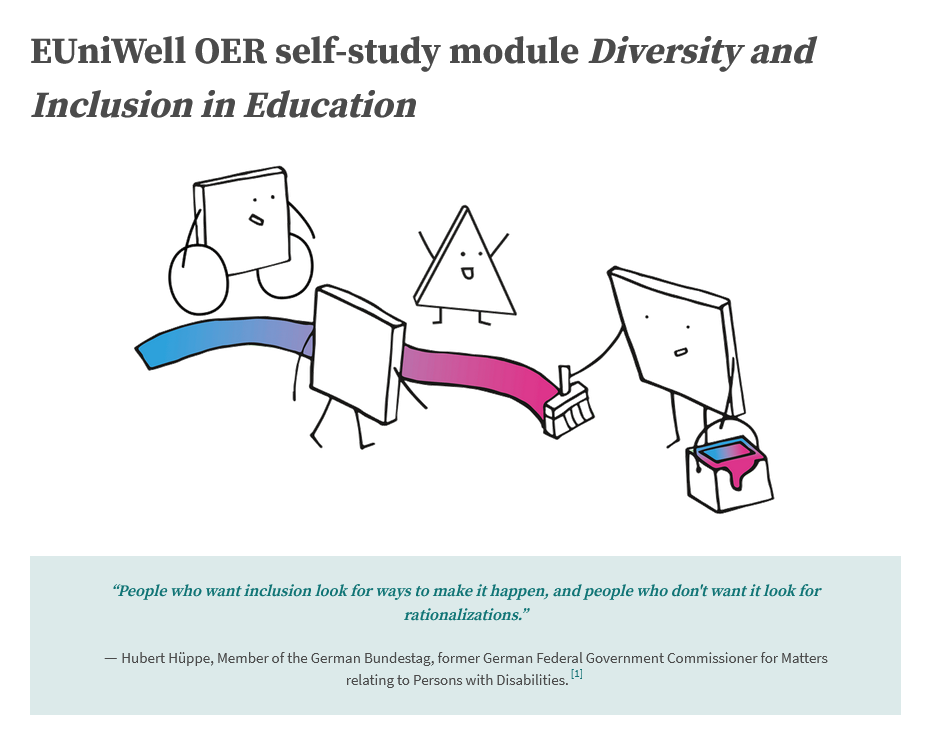
Diversity and Inclusion in Education
By Sarah Roos, Dr. des. Manuela Ulrich, Dr. Sebastian Tillmann, Michael Kowalczyk
This self-study module aims to foster the development of fundamental competences in the field of diversity and inclusion in education
Licence: CC BY-SA
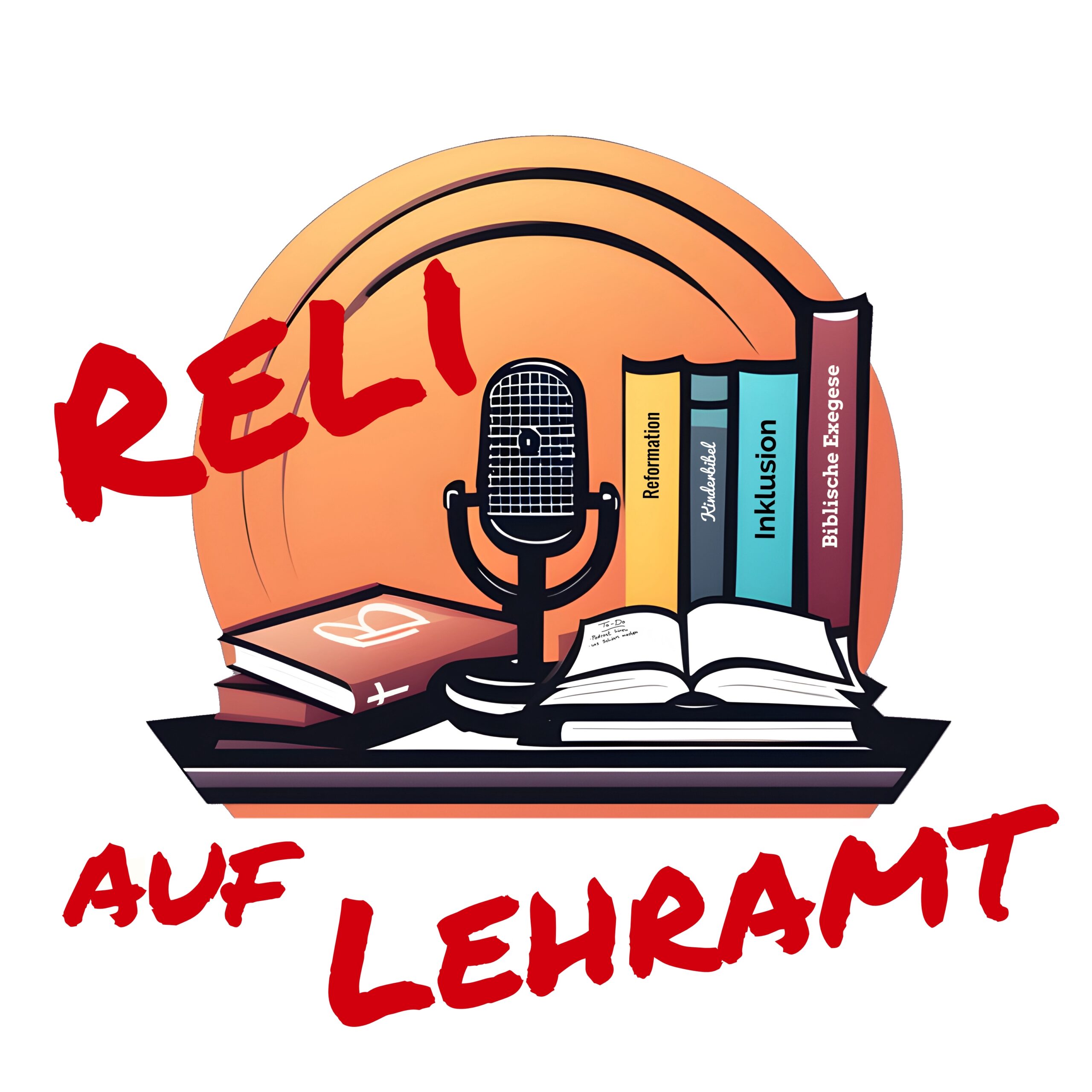
Doing Digital Theology – Reli auf Lehramt
By Annika Krahn, Frank Seifert, Max Bergmann
A podcast serie discussing topics that are essential to the study of Protestant religious education with students and teachers.
Licence: CC BY

Evolutionary Plant Morphology Along the Paths of the Botanical Garden: Asparagaceae
By Olena Vasheka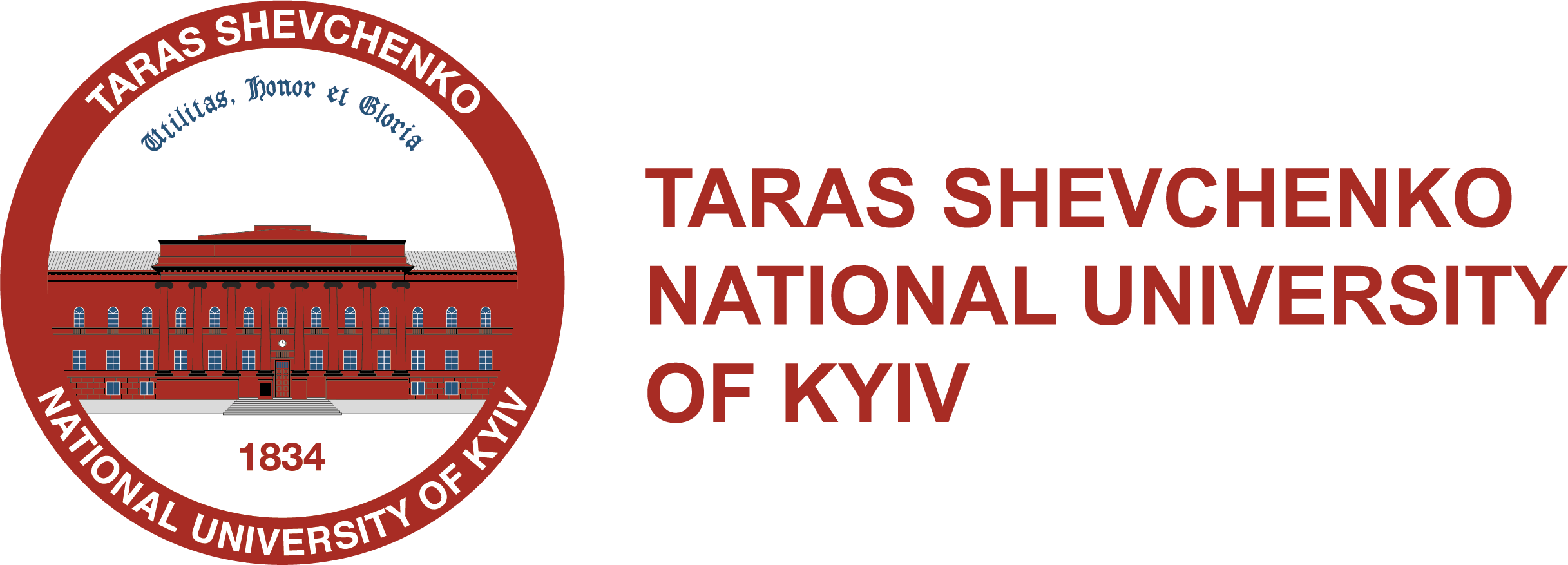
This video explores the mechanisms of morphological evolution in magnolias, illustrating how these plants adapt to their environment. Featuring footage filmed at the A.V. Fomine Botanical Garden in Kyiv, it is part of a broader video series on plant adaptation strategies.
Licence: CC BY
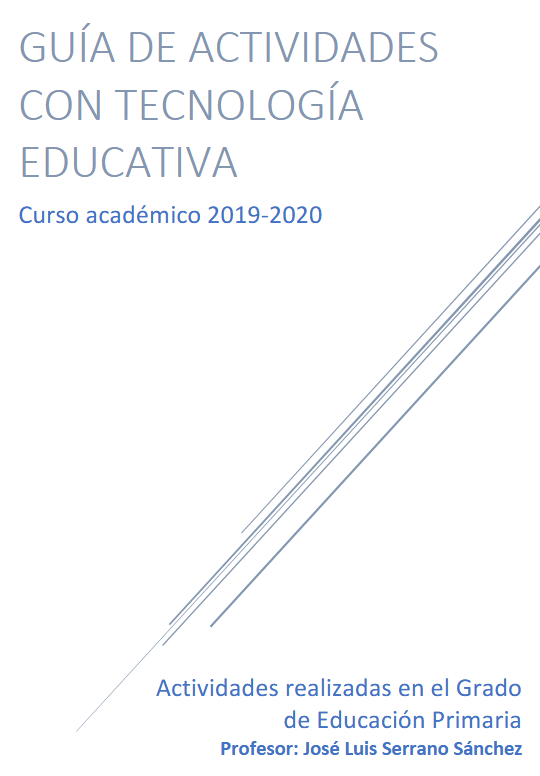
Guide to activities with educational technology
By José Luis Serrano Sánchez
This guide compiles the 2019-2020 practical activites from the Educational Technology courses in the Primary Education Degree at the University of Murcia. Presented as implemented in a real context, it supports the development of future teachers’ digital competence.
Licence: CC BY-NC-SA
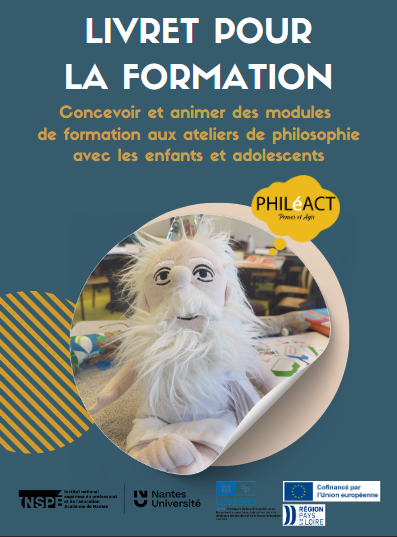
Guide to Designing and Facilitating Training Modules for Philosophy Workshops with Children and Teenagers
By Alexis Filipucci, Olivier Blond-Rzewuski, Edwige Chirouter, Rodica Ailicai, Elena Theodoropoulou, Anita Yu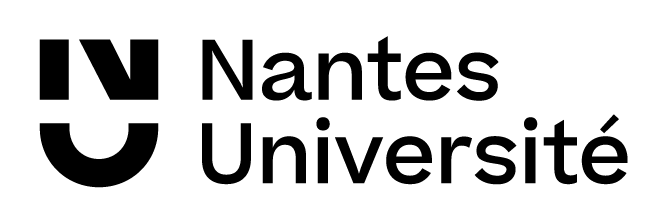
A guide for trainers providing insights, practical tools, and resources to design and lead philosophy training sessions and workshops for children and teenagers.
Licence: CC BY-NC
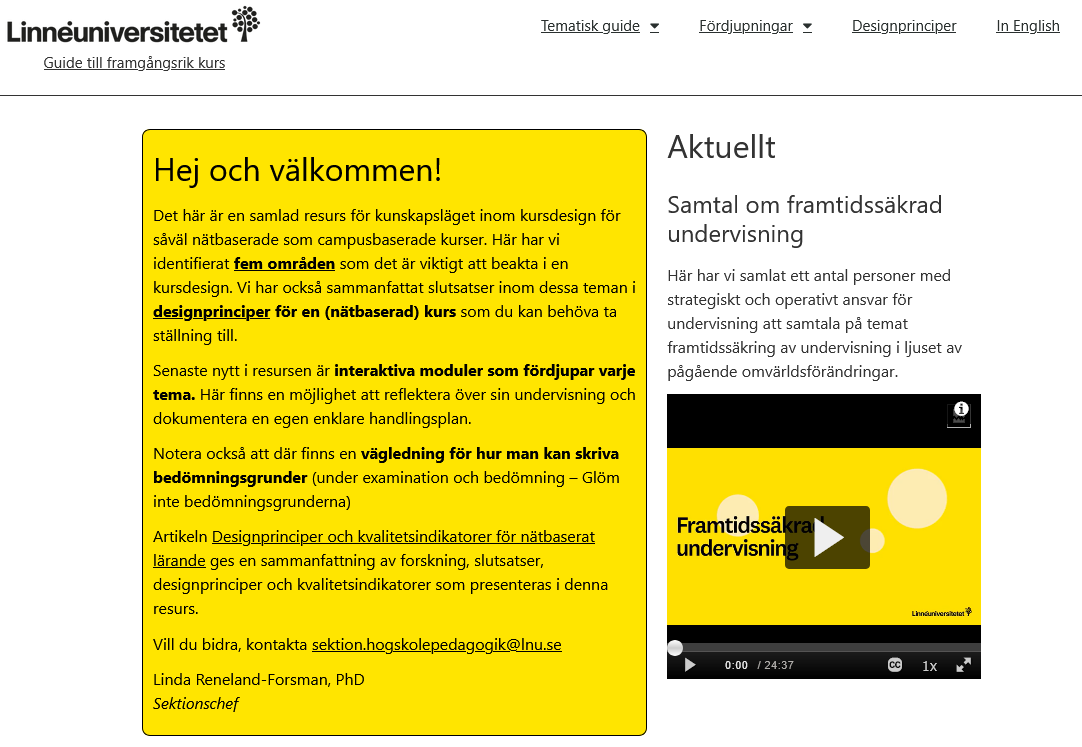
Guide to Successful Courses
By Linda Reneland-Forsman, Jenny Christiansson et al
A collection of resources reflecting the knowledge base in distance and online learning. Five key areas are identified that capture the challenges involved in transitioning to the design and delivery of online courses. Conclusions within these themes are summarised in a set of design principles intended to guide effective online course development.
Licence: CC BY-NC-SA
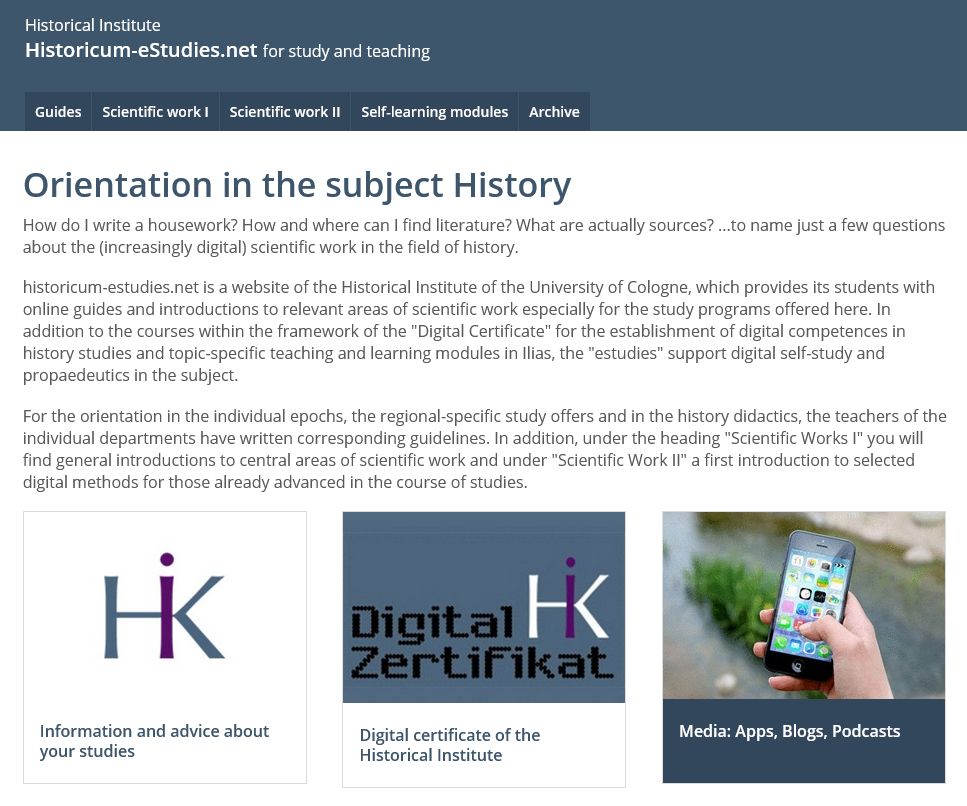
Historicum-eStudies.net
By Historisches Institut
A website offering resources and guidance to students on the digital transformation of academic work in the field of history including self-study modules – see Tab: Selbstlernmodule (Self-study modules).
Licence: CC BY-SA
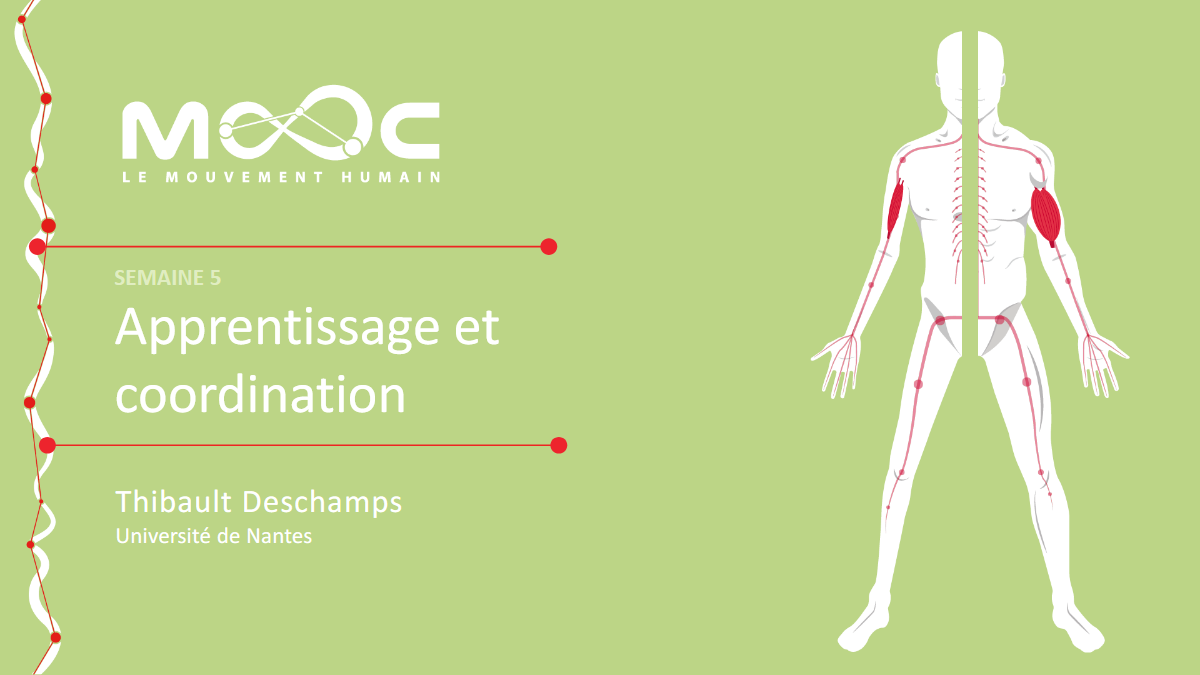
Human Movement – Learning and Coordination: Theory
By Thibaut Deschamps
Video capsule from the MOOC Human Movement, explaining the process of human motor development and highlighting the changes related to learning new motor coordination. This resource is accompanied by the presentation slides and a pedagogical guide to support facilitation and learner engagement.
Licence: CC BY-NC-SA
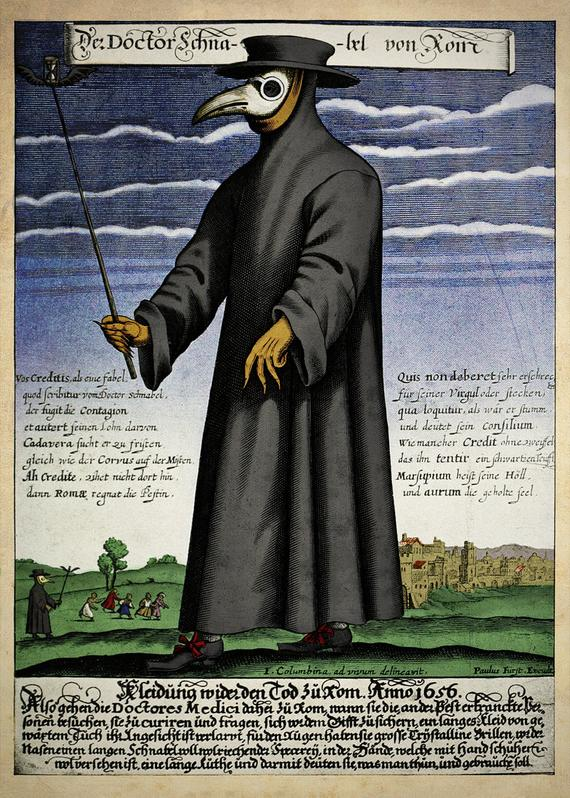
InfectArte: infectious diseases through art
By Ángeles Muñoz Crego, Ysabel Santos Rodríguez, Rafael Seoane Prado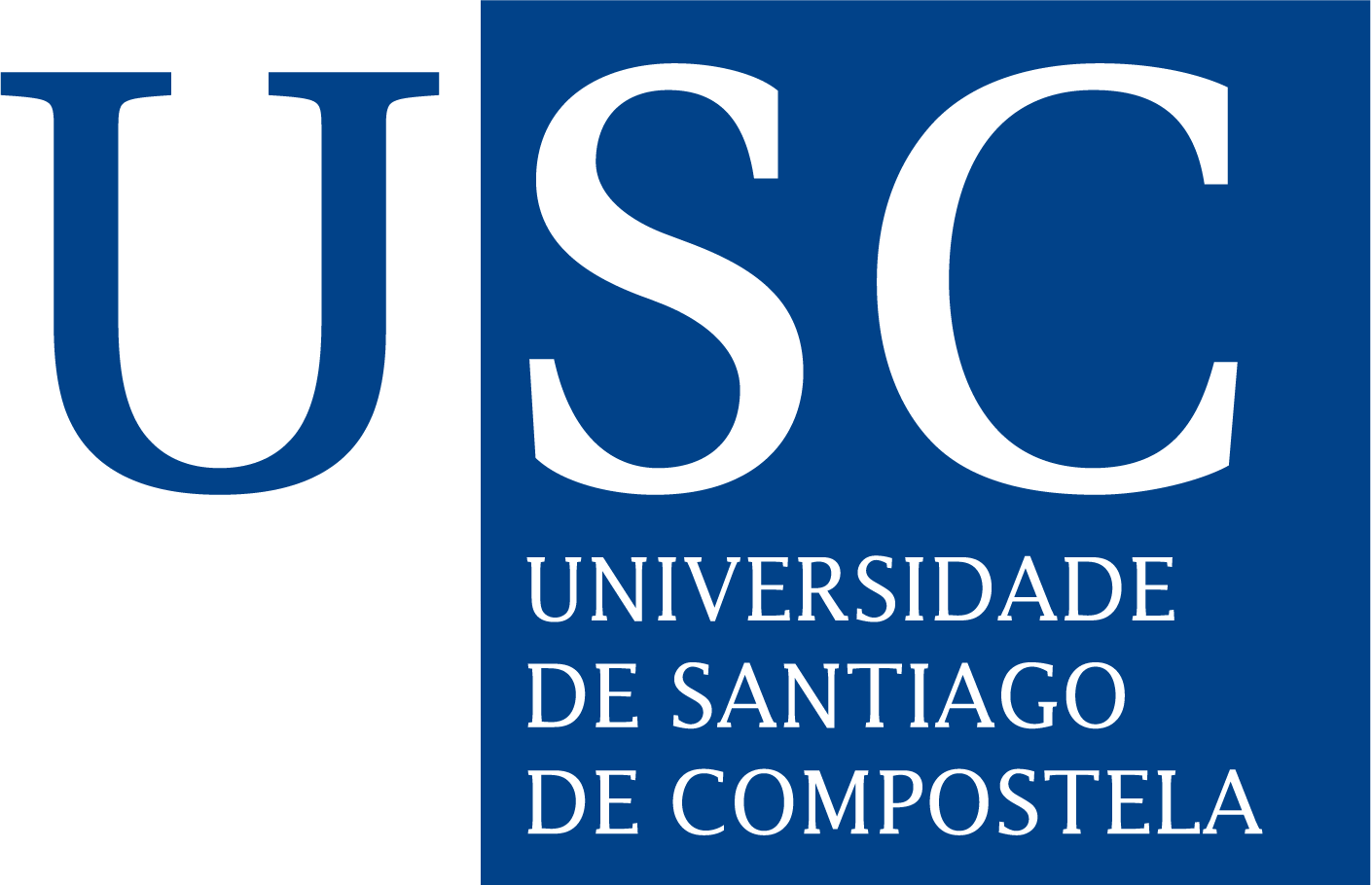
An educational video in which microbiology professors explain various infectious diseases through different artistic representations, such as paintings and sculptures.
Licence: CC BY-NC-SA
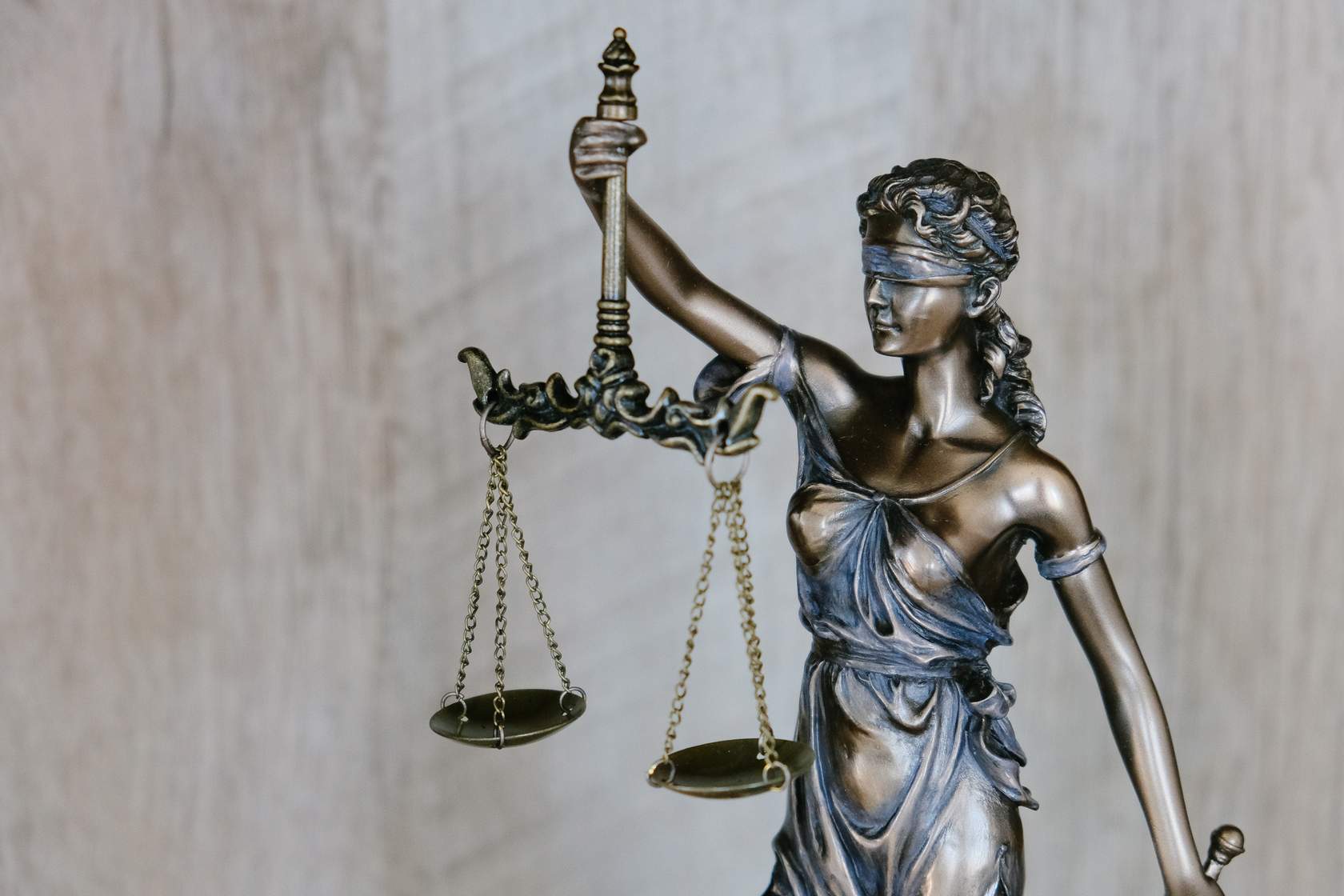
Introduction to criminal law
By Nicolai Preetz, Janine Blocher
An introductory course on criminal law and legal reasoning, suitable for both lawyers and non-lawyers.
Licence: CC BY
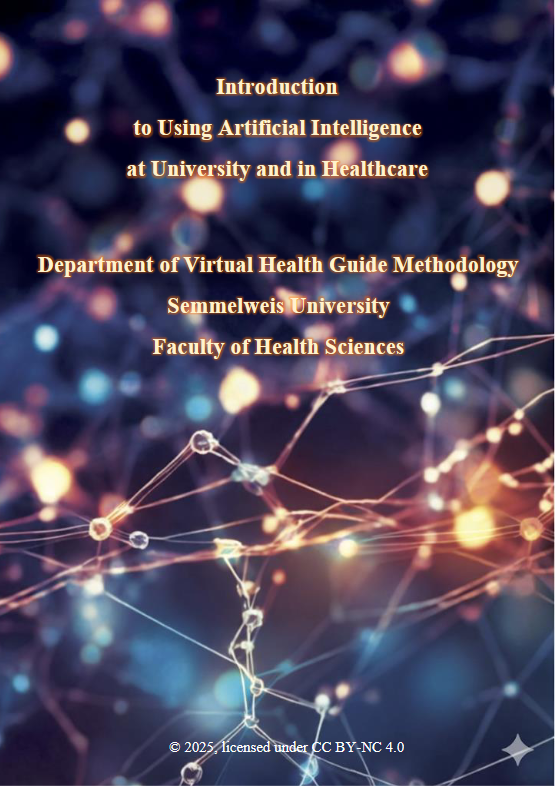
Introduction to Using Artificial Intelligence at University and in Healthcare
By Zoltán Lantos, József Papp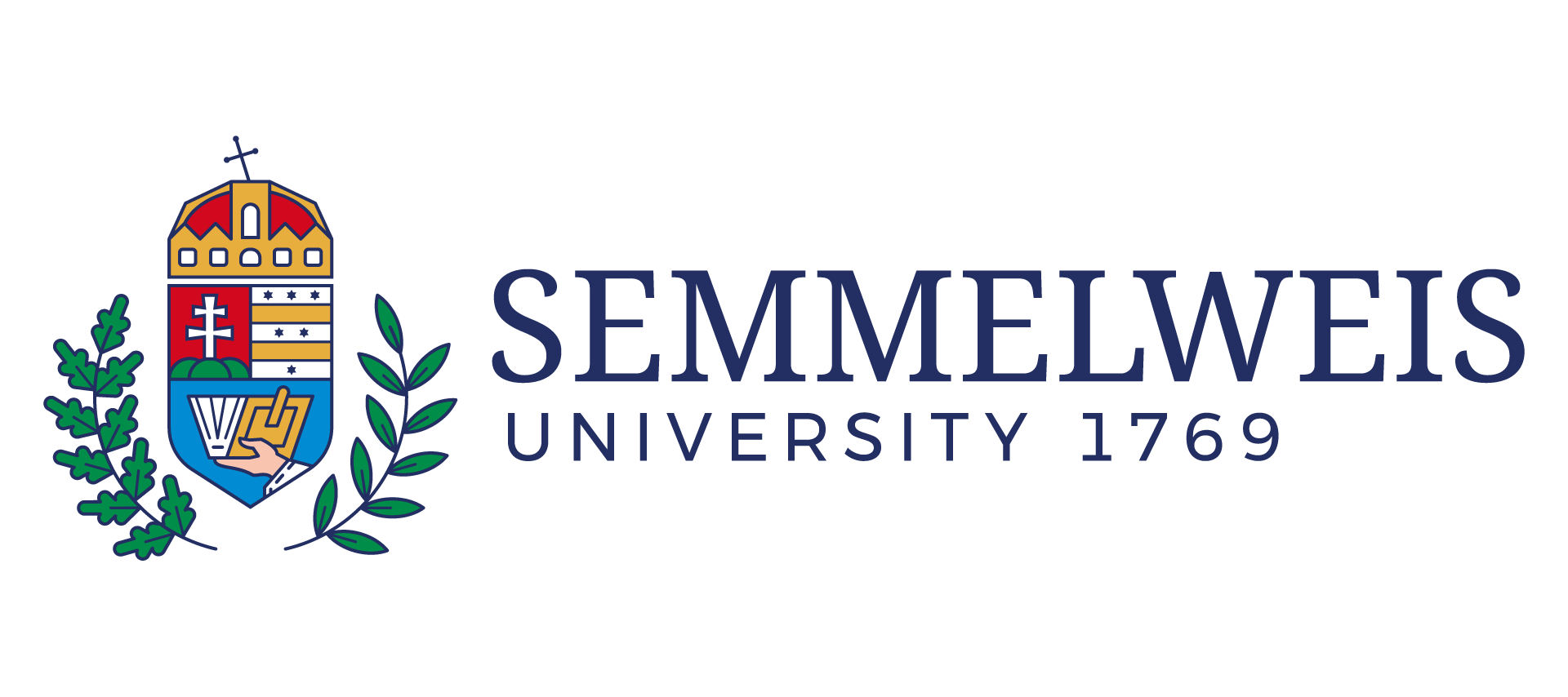
A coursebook for the compulsory course “Introduction Digital Healthcare” and the elective courses “Introduction to Using Artificial Intelligence at University and in Healthcare” and “Artificial Assisted Virtual Care Based on the European Health Data Space”.
Licence: CC BY-NC
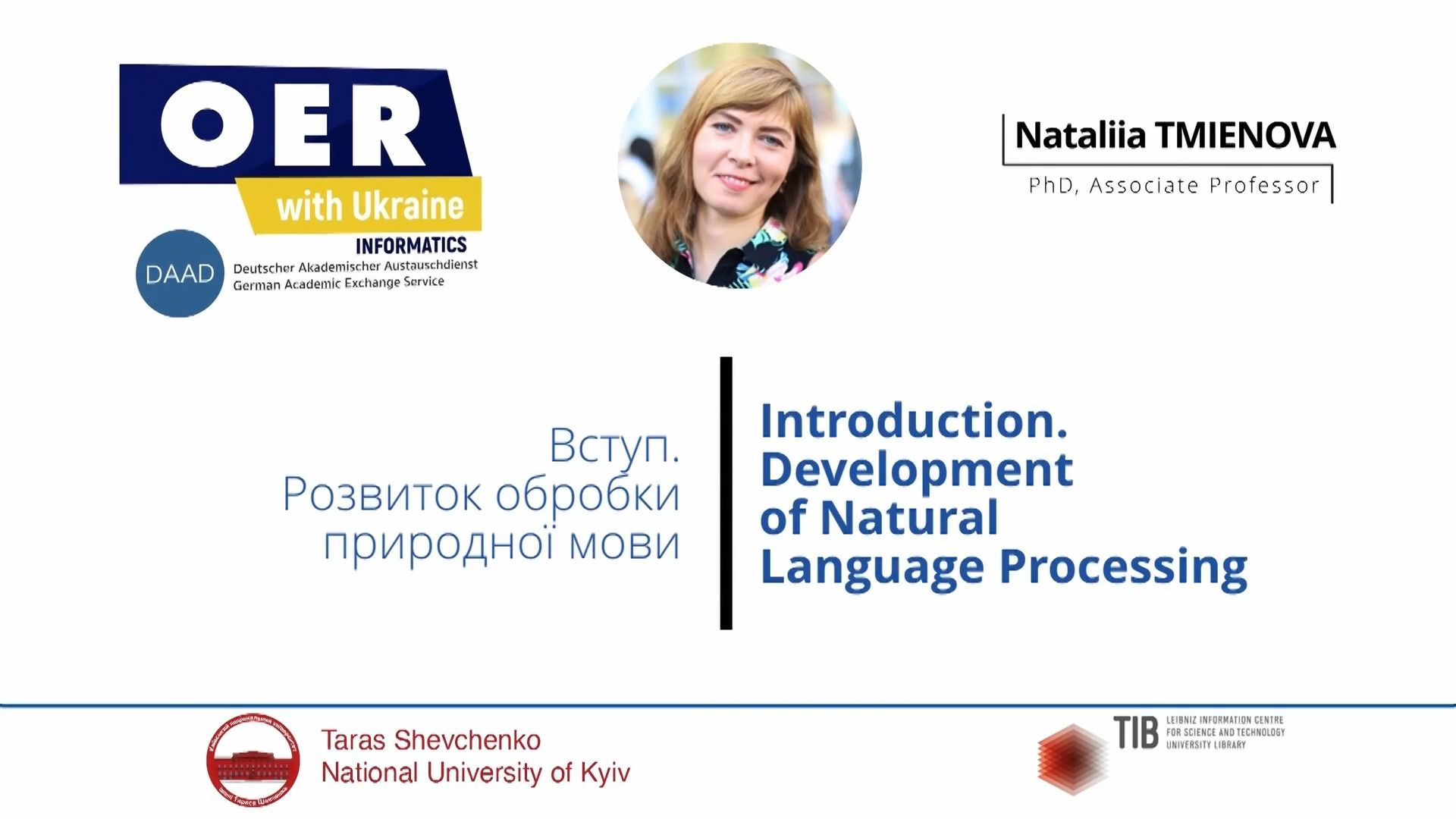
Introduction. Development of Natural Language Processing
By Nataliia Tmienova
Introductory video to a course on natural language processing (NLP), explaining what NLP is, its history, and its main uses.
Licence: CC BY
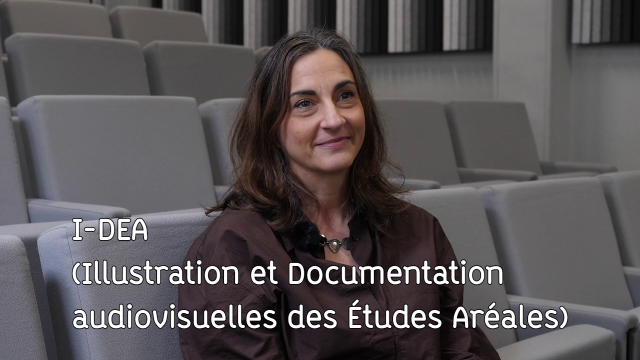
Linguistic plurality and its challenges in post-apartheid South Africa, interview with Céline Peigné
By Céline Peigné, Bastien Sepulveda, Kexin Zhang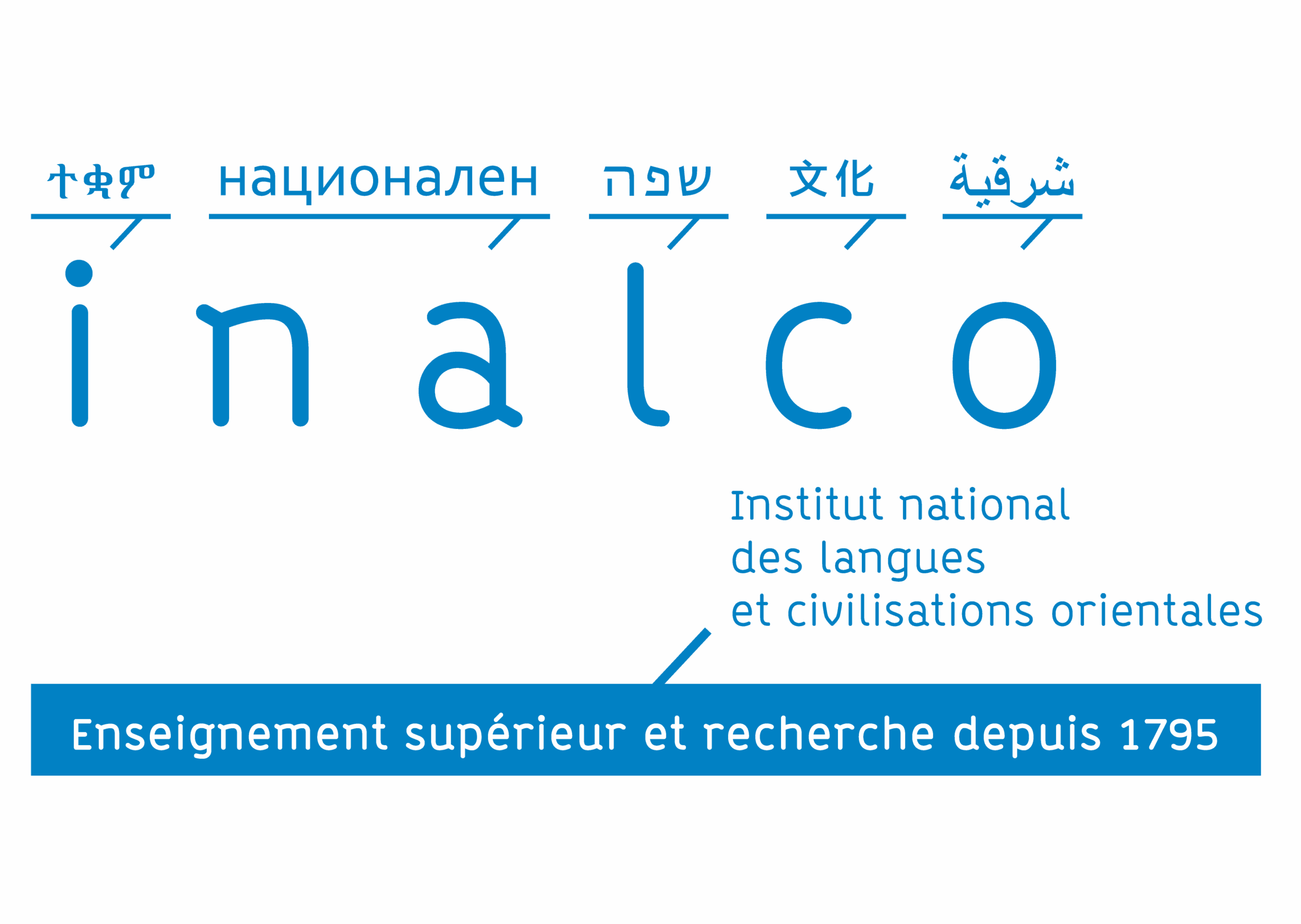
In this interview, Céline Peigné, senior lecturer at Inalco, presents her research on linguistic plurality in the education system of post-apartheid South Africa and its language policies, as well as the general cross-cutting issues related to language didactics.
Licence: CC BY-NC-SA
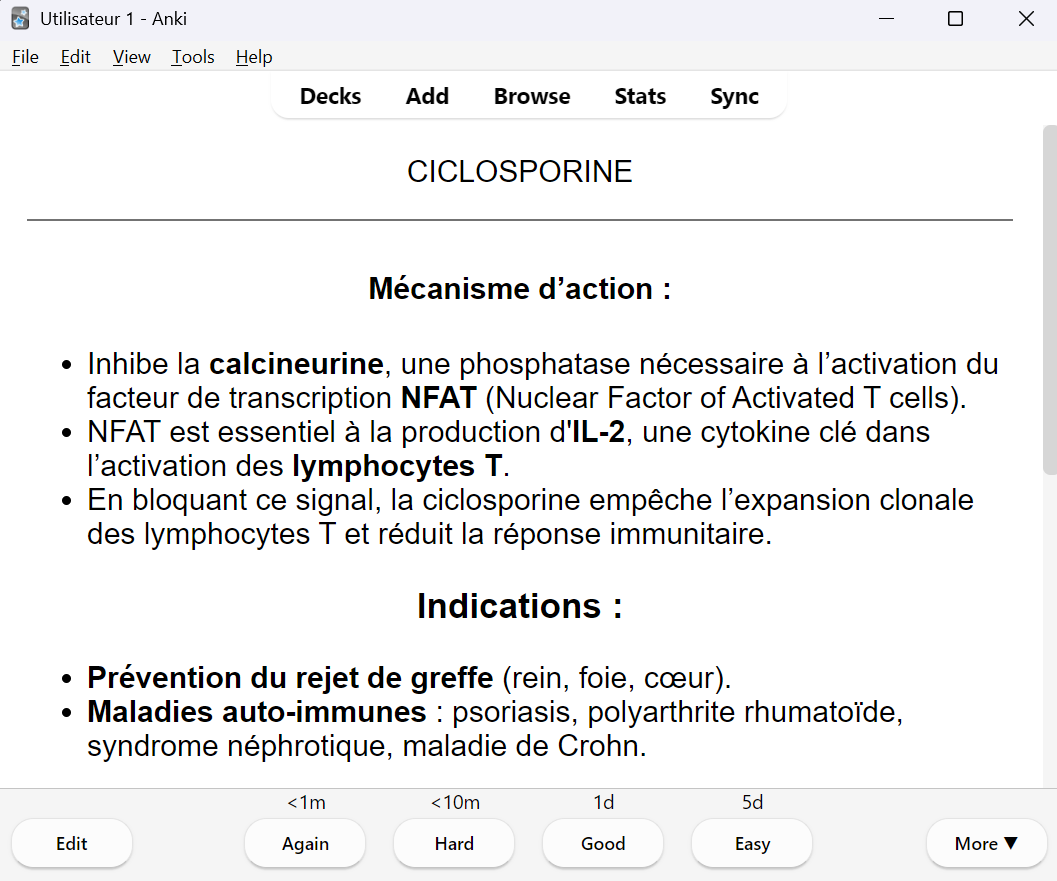
Medications Flashcards
By Marine Brenugat, Inès Ravel
Interactive revision exercises on medications in flashcard format, designed for use with the open-source software Anki. Created by Pharmacy students, the resource includes three modules—Immunosuppressants, Hormone Therapy, and Targeted Therapies—covering each drug’s mechanism of action, indications, interactions, and contraindications to support effective pharmacology learning.
Licence: CC BY-NC
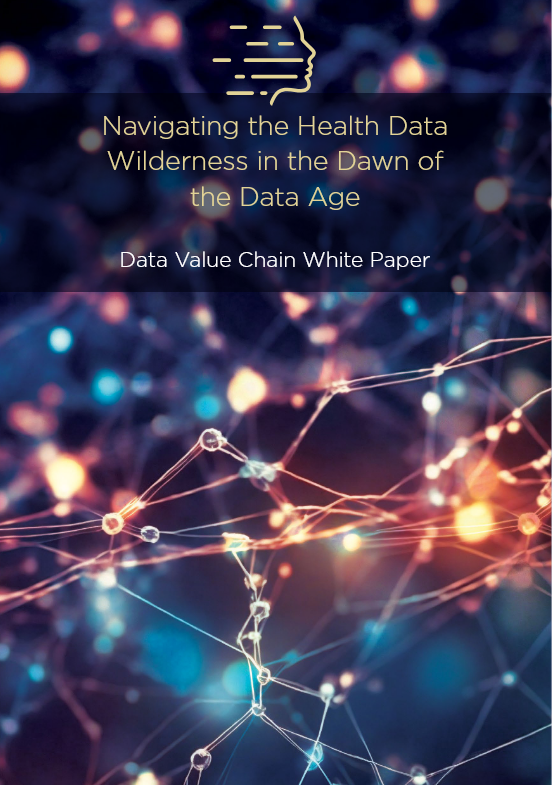
Navigating the Health Data Wilderness in the Dawn of the Data Age
By Zoltán Lantos, Kate Spyby, Peija Haaramo, Mari Mäkinen, Péter Fésüs, Robert Verheij, Truls Korsgaard, Anne Heidi Skogholt, Thomas Kvist, Frederic Landqvist
This paper discusses the foundations of the Data Age for Health & Care, and how data can be transformed into value. It highlights the key characteristics of the data value chain, and examines the mechanism of the data loop as a potential new European platform model and the limitations and hindrances of data analysis.
Licence: CC BY-NC
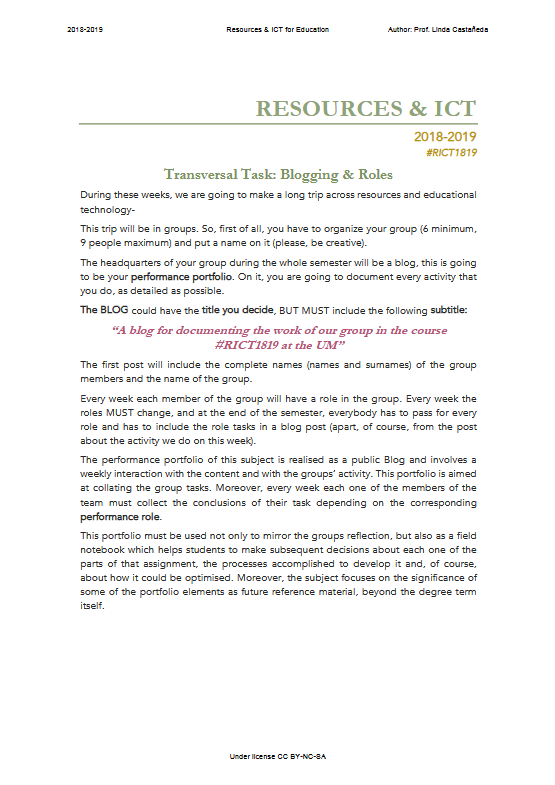
Resources & ICT for education. Student’s instruction
By Linda Castañeda
A compilation of various group work activities given to students attending a Resources & information and communication technologies course.
Licence: CC BY-NC-SA
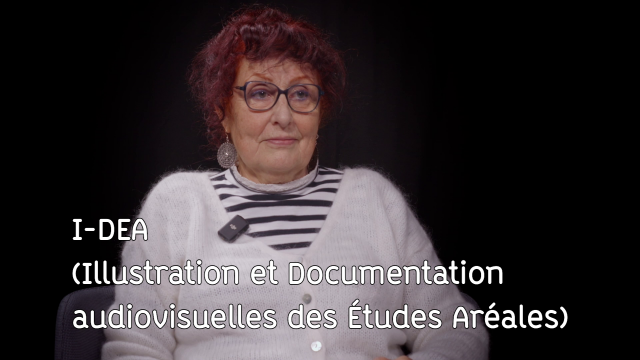
Swahili language and society: a multidisciplinary approach, interview with Odile Racine
By Odile Racine, Kexin Zhang, Duncan Frenehard
An interview with Odile Racine, professor emeritus of Swahili at Inalco, on her career as a teacher and researcher with a multidisciplinary background (history, anthropology, linguistics, didactics) in Swahili language and society.
Licence: CC BY-NC-SA
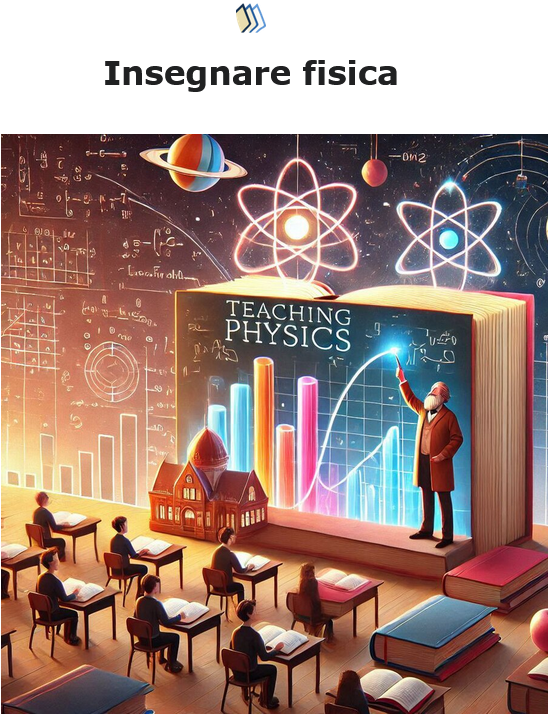
Teaching physics
By Franco Bagnoli
A cooperative book about the didactics of physics and mathematics in high school and in bachelor’s university courses. The focus is on the difficulties that students show approaching these subjects and on the methods to overstep them.
Licence: CC BY-SA
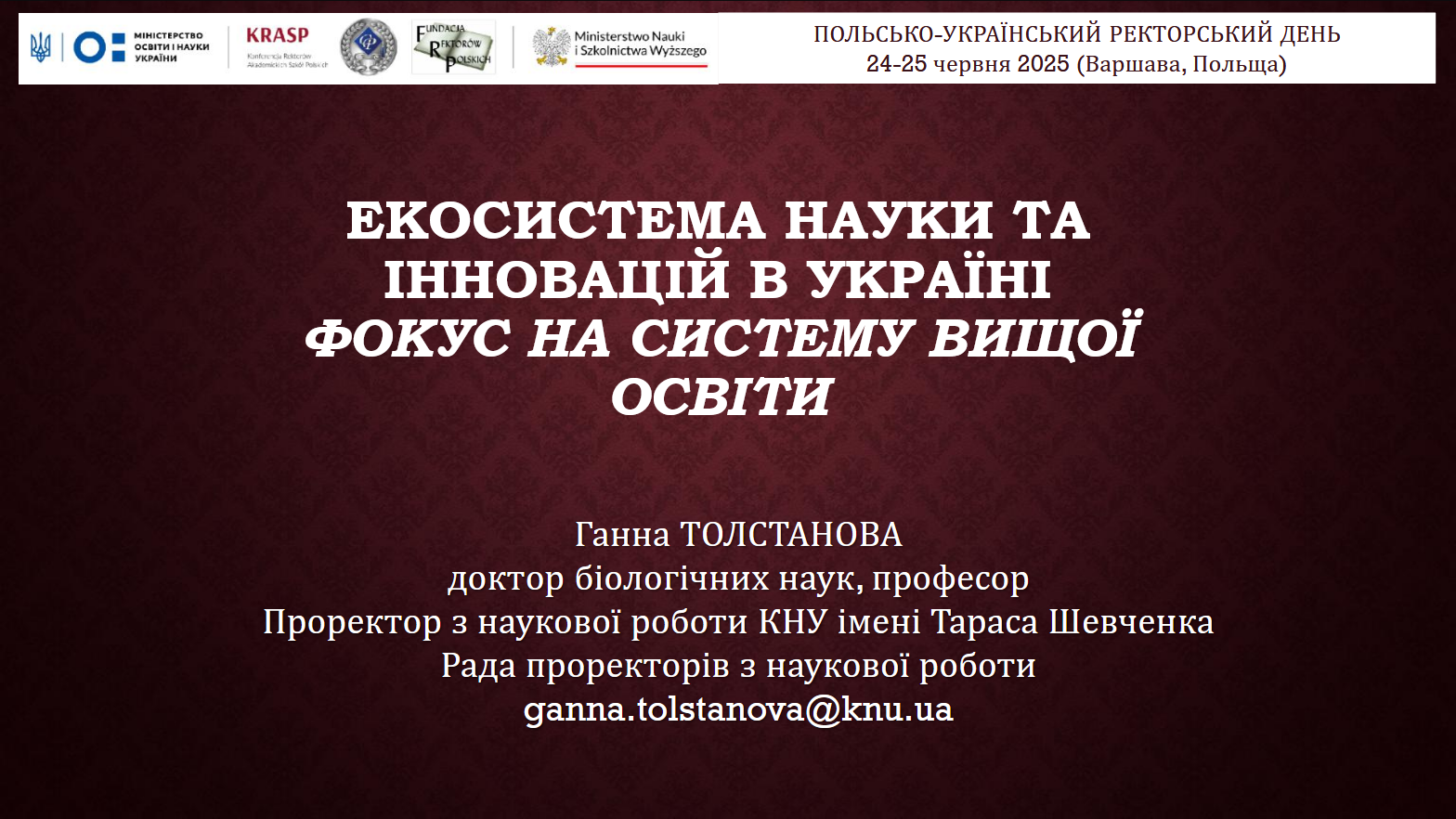
The Ecosystem of Science and Innovation in Ukraine: Focus on the Higher Education System
By Ganna Tolstanova
Slide show on the organisation and functioning of Ukrainian higher education, and its contribution to national scientific research and innovation.
Licence: CC BY
